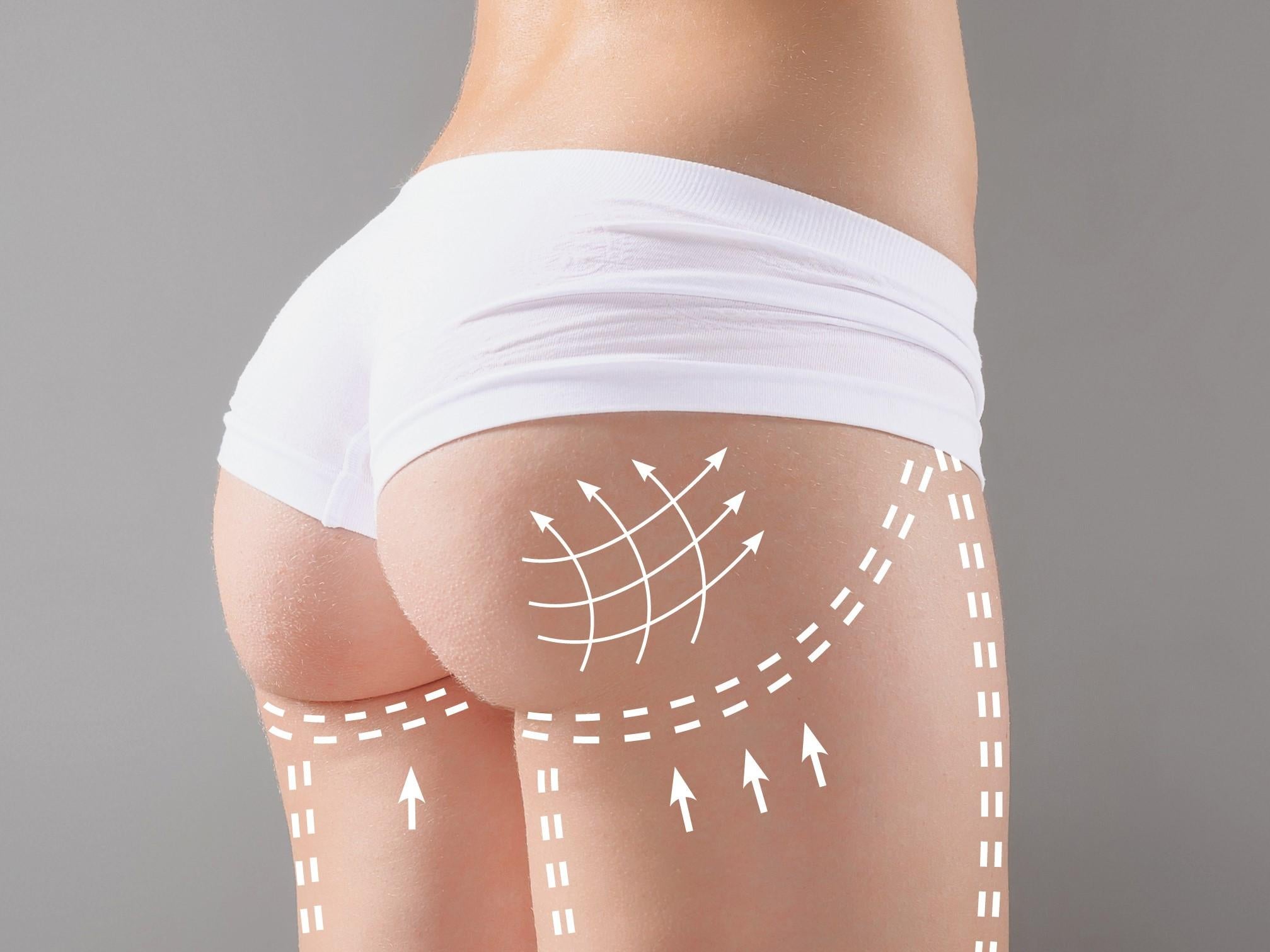The question of whether a Brazilian Butt Lift (BBL) is safe in Riyadh is a critical one, and the answer is multifaceted. Like any major surgical procedure, a BBL carries inherent risks, but the key to minimizing these risks lies in the patient's choice of surgeon and clinic. Riyadh has a number of highly reputable clinics with board-certified plastic surgeons who are well-versed in the latest, safest techniques. Many women are choosing to enhance their curves with a Brazilian Butt Lift in Riyadh, thanks to the city’s advanced cosmetic surgery clinics and skilled surgeons.
A BBL is a complex procedure that involves two main steps: liposuction to harvest fat from one area of the body and then injecting that purified fat into the buttocks. The most significant risk associated with a BBL, which has been a topic of international concern, is a fat embolism. This occurs when fat is inadvertently injected into a blood vessel and travels to the lungs or heart, which can be life-threatening. Historically, some alarming mortality rates were reported, particularly from low-cost, high-volume clinics that used unsafe techniques.

However, the plastic surgery community has made significant advancements in understanding and mitigating this risk. The crucial safety protocol now is that fat must be injected only into the subcutaneous space, which is the layer of fat just beneath the skin, and never into or beneath the gluteal muscles. The muscles are highly vascular, meaning they are rich in blood vessels, and injecting fat into this area is what leads to the highest risk of a fat embolism. Reputable surgeons in Riyadh are trained to adhere to these strict safety guidelines. They use specific cannulas (the tools used for injection) and techniques to ensure the fat is placed in the correct, safe plane.
Beyond the major risk of a fat embolism, other potential complications exist, though they are generally less severe. These can include:
- Infection: As with any surgery, there is a risk of infection at the incision sites or the injection areas. This risk is minimized by choosing a clinic with stringent sterilization protocols and by following post-operative care instructions diligently.
- Asymmetry: The final result may not be perfectly symmetrical. This can be due to fat reabsorption or uneven fat transfer. A skilled and experienced surgeon will have the artistry to create a balanced result, but some touch-ups may be necessary.
- Fat Necrosis: This occurs when a portion of the transferred fat cells dies and turns into hard lumps. While not life-threatening, it can affect the final aesthetic outcome.
- Dissatisfaction with Results: Sometimes, the patient's desired outcome may not be fully achievable. An ethical surgeon will have a thorough consultation to set realistic expectations and ensure the patient understands what is possible with their body type.
To ensure the highest level of safety for a BBL in Riyadh, a patient must conduct careful research and choose a surgeon with the following qualifications:
- Board Certification: A surgeon's board certification is an indicator of their rigorous training and adherence to high professional standards. In Saudi Arabia, this is often overseen by bodies like the Saudi Commission for Health Specialties (SCFHS).
- Experience: Look for a surgeon who performs BBLs frequently and has a track record of successful outcomes. A surgeon who specializes in the procedure is more likely to be up-to-date on the latest safety techniques.
- Accredited Facility: The procedure should be performed in a hospital or an accredited surgical facility that meets international safety standards for sterilization, equipment, and staff.
- Detailed Consultation: A good surgeon will spend ample time in a consultation, not only discussing the desired results but also thoroughly reviewing the patient’s medical history, assessing their candidacy for the procedure, and explaining all the potential risks and the recovery process.
In conclusion, a Brazilian Butt Lift can be a safe and effective procedure in Riyadh, provided it is performed by a qualified, board-certified plastic surgeon in an accredited facility. While no surgery is entirely without risk, choosing a reputable professional who adheres to the latest safety guidelines, particularly the "subcutaneous-only" fat injection technique, dramatically minimizes the most severe dangers. The patient's responsibility in this process is to be a well-informed consumer, ask the right questions, and prioritize safety over cost.




Comments